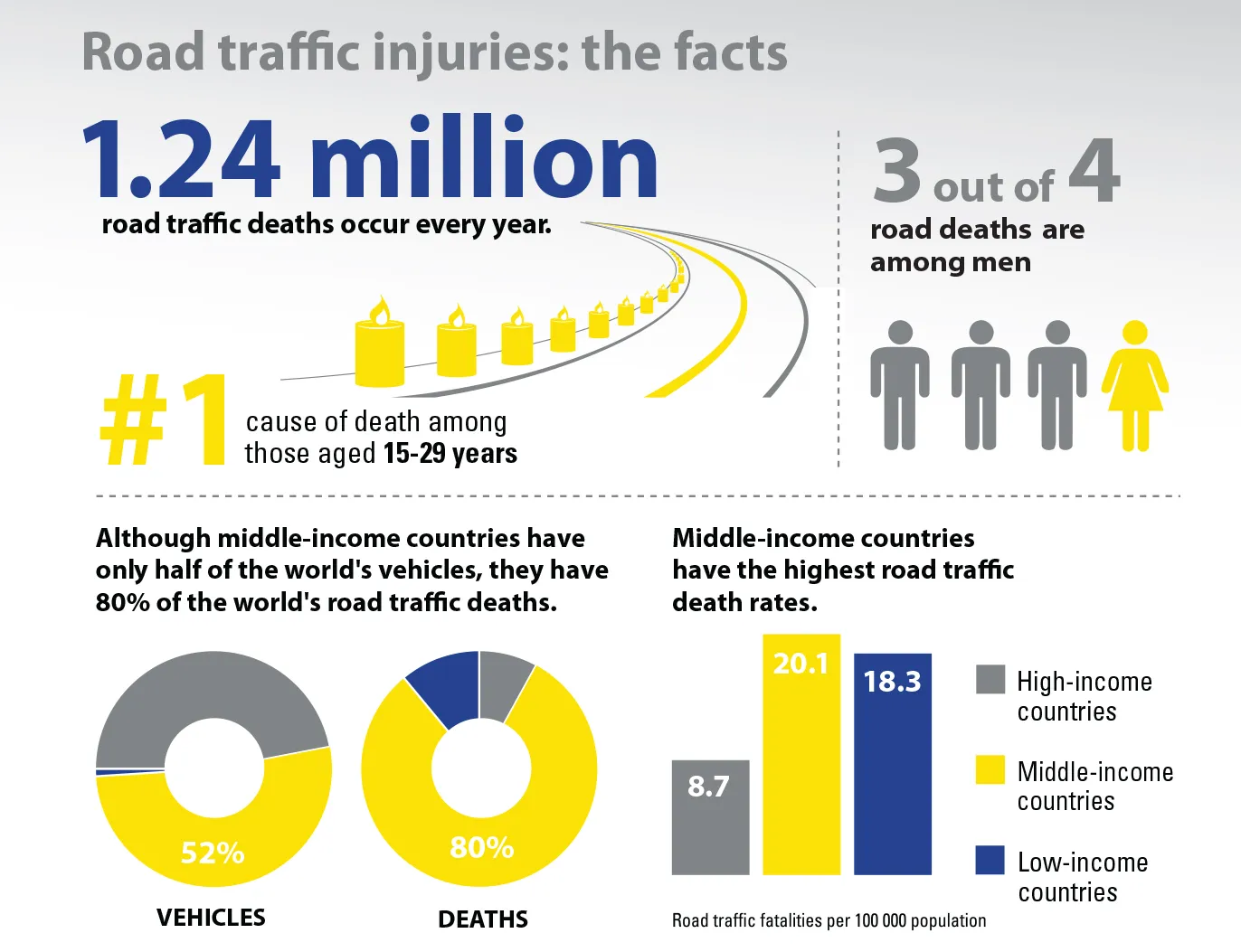
An increasing number of accidents has forced Amsterdam city to launch a safety campaign aimed at stopping mostly young cyclists from texting while riding.
With a view to incoming legislation, the city of Amsterdam in cooperation with GVB (Amsterdam City Transportation) and Vervoerregio Amsterdam (Amsterdam Regional Transport) started the Superbelangrijk campaign.
Literally translated as %$Linker:
People tend to believe that every message and phone call is “super important”, according to the campaign. "And it is super important that we become aware of the major risks of telephone use in traffic - especifically for pedestrians and cyclists. Super important, this campaign."
In December minister of infrastructure Cora van Nieuwenhuizen announced that the national government is working on legislation to ban texting and cycling by 2020.
The legislation and Amsterdam’s efforts are the result of the number of collisions involving cyclists and pedestrians apparently rising, according to Dutch media reports.
The increase in accidents comes as a rise in the use of smartphones in traffic, according to the campaign. However, a link between the use of phones and cycling and walking accidents has not been proven.
"Although there are no research figures on the relationship between this, it is clear that distraction is a major cause of many accidents,” notes the campaign. “Using your phone simply distracts you from what is happening around you. Checking a message just takes a second, but that second of looking away can be fatal."








